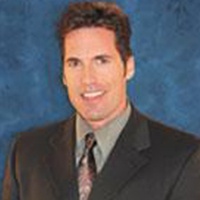Southlake DUI-DWI Lawyer, Texas
Sponsored Law Firm
-
 x
x

Click For More Info:
-
Law Office of Robert R. Jones III
2411 Emancipation Ave, Suite 202, Houston, TX 77004» view mapCriminal Defense Expert Representation for Reasonable Rates
If you need representation, call me 24/7.
800-883-8760
David Shuster
DUI-DWI, Bankruptcy, Construction, Personal Injury, Mass Torts
Status: In Good Standing Licensed: 22 Years
Stephen David Handy
Juvenile Law, Domestic Violence & Neglect, , DUI-DWI, Criminal
Status: In Good Standing
 Robert Jones San Antonio, TX
Robert Jones San Antonio, TX AboutLaw Office of Robert R. Jones III
AboutLaw Office of Robert R. Jones III Practice AreasSpecializations
Practice AreasSpecializations

